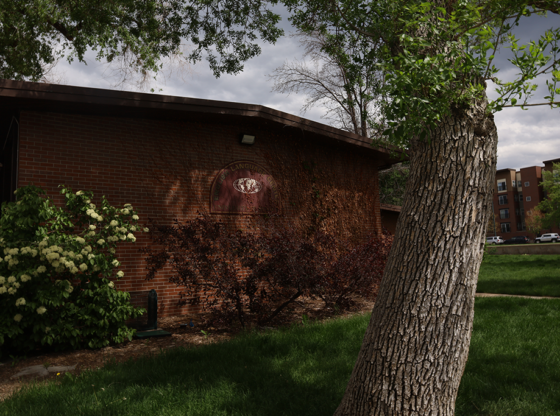Shaky or non-existent internet service for residents living in rural parts of Colorado has been an issue for some time, but as the Front Range and metro area continue to experience growth, internet service has become an even larger question of fairness. It is this question at which a new bill in the Colorado legislature takes aim—a bipartisan group of state Senators are supporting a bill to allow more rapid extension of high-speed broadband into rural areas. The planned bill will take an existing fund that currently subsidizes rural telephone and use it to subsidize the extension of internet broadband service instead—Governor Hickenlooper hopes to raise rural internet availability to 100 percent by 2020. Providing better internet access to rural Colorado communities is something that should have happened a long time ago and which the state legislature should now carry out fully.
It is easy to let the metro area dominate our perceptions of Colorado—economic growth, low unemployment and a strong tech industry are the glamorous features to which news outlets gravitate. But Colorado is far larger than just the metro area, and forgetting about rural residents is not permissible. A report by the Denver Post in Dec. 2017 revealed much frustration from rural Coloradans who do not feel that their needs are being prioritized on the same level as Front Range dwellers. This is deeply concerning, not just because it is leading to a rift in the state but because it is the same trend of alienation that has happened on the national level. The urban-rural divide played a significant role in the 2016 election, after which there were many pleas for more understanding between the two sides. States with successful metro areas that fail to give equal voice to rural residents will only make the divide worse.
This is a large part of why the rural broadband bill is so important—if people living in rural areas do not have access to reliable internet (or sometimes any internet at all) at the same time that Denver launches headfirst into the tech-focused future, it is no wonder that resentments are brewing. However, the bill is not without issues. CenturyLink is currently Colorado’s largest rural phone service provider and receives most of the state’s telephone subsidies. The company has warned that with these subsidies being diverted instead to internet service, phone bills could increase in the future. This is a problem that certainly needs to be taken into account. With the drafting of the broadband bill, lawmakers should be aware of the preferences of residents when it comes to phone versus broadband service. As more people use the internet to communicate and turn away from landlines, it is possible that people will be less concerned about telephone service. This is a guess, however—the opinions of the affected residents themselves will need to be heard.
Better internet service, even perhaps at the expense of the telephone subsidy, is very likely to be welcomed. Senator Don Coram, one of the sponsors of the bill, described to lawmakers how his wife had heard from a number neighbors from their home in Montrose who support the plan for more internet access. The impact on phone bills in the future is certainly a problem that should be planned for, especially when lawmakers decide how quickly to transition the usage of the fund, but expanding broadband is a crucial step to take now. Even in the midst of excitement over the successes and needs of the city of Denver, rural Coloradans remain just as important. Figuring out how to serve urban and rural citizens alike will continue to be a challenging but necessary venture, not only in Colorado, but everywhere.











